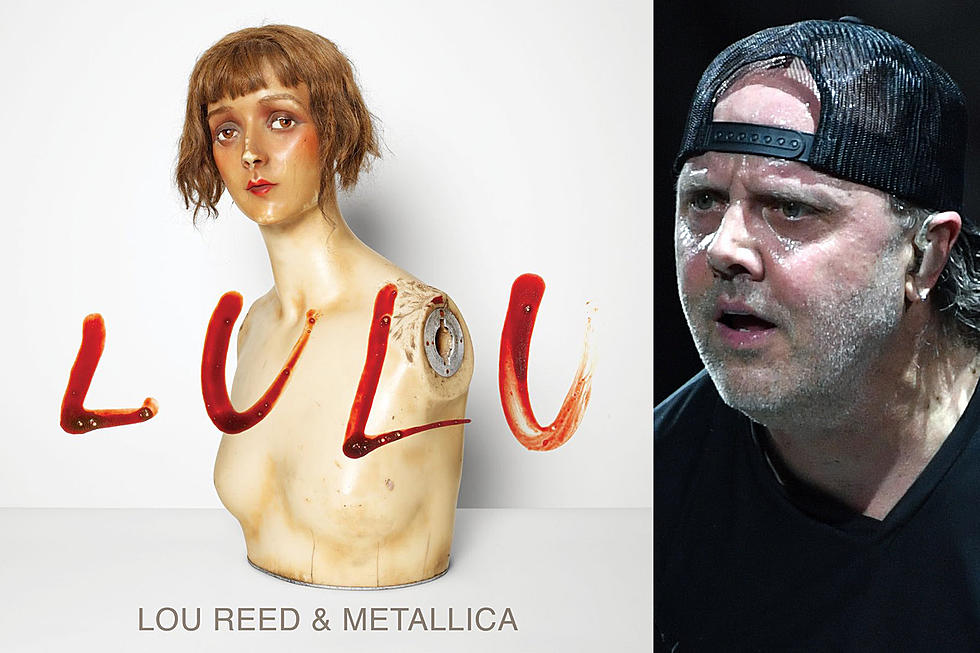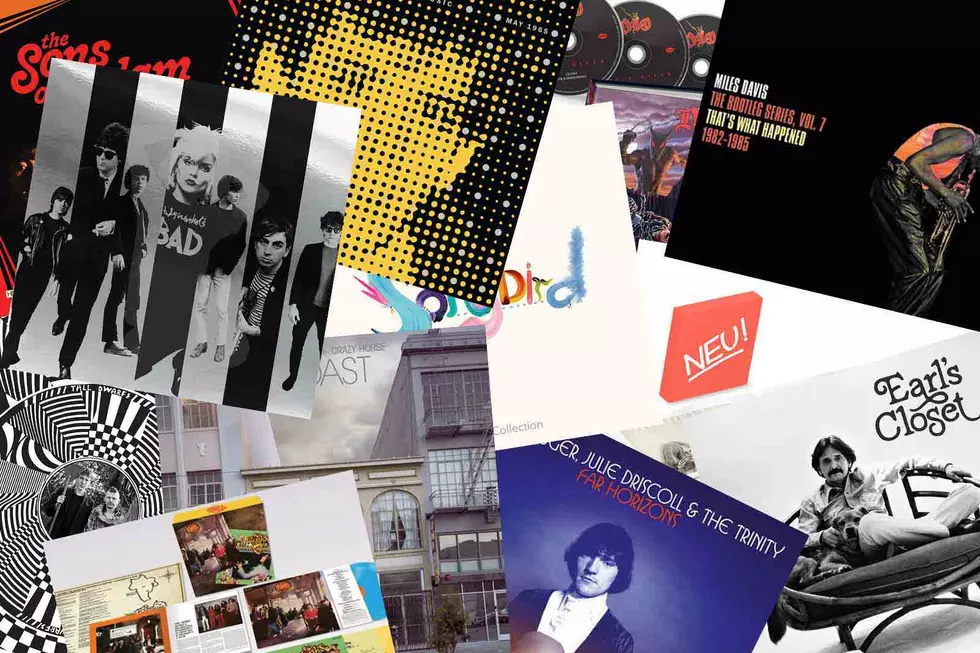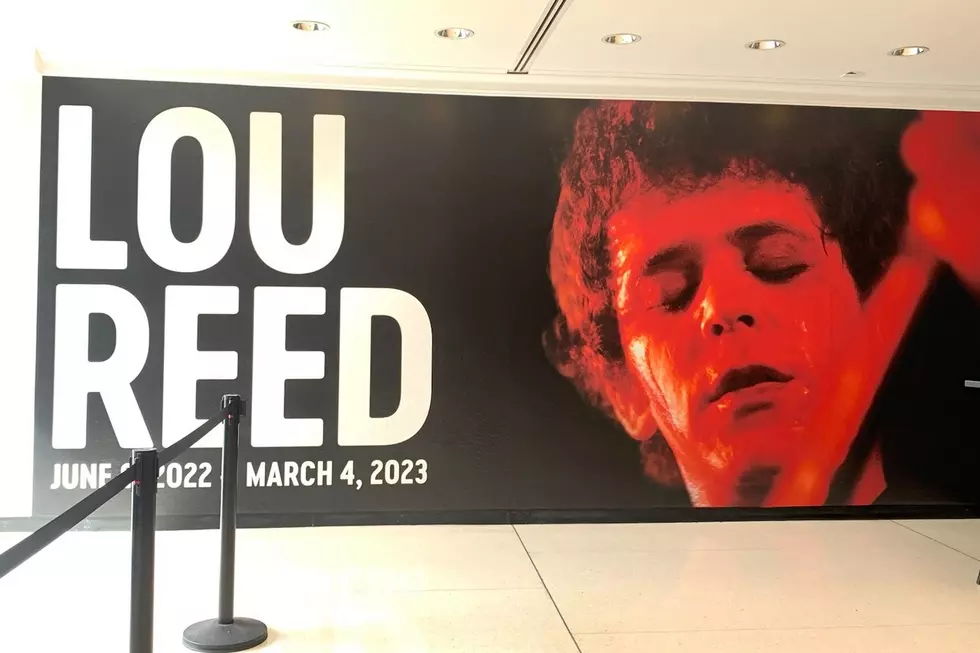
When Lou Reed Wrote a Gritty Love Letter to Hometown, ‘New York’
Lou Reed spent his entire career chronicling the grittier aspects of life in New York City. On Jan. 10, 1989, he released his definitive take on his hometown, the simply titled New York.
The album was a powerful critique of what America’s largest city had become toward the end of Mayor Ed Koch’s third and final term: corrupt and racially polarized, with class warfare raging and no end in sight to the crack and AIDS epidemics. Reed takes aim at all of it, sparing no one.
Opening with the love-among-the-ruins of "Romeo Had Juliette," New York takes the listener all over the city, with its 14 songs playing out like newspaper articles. "Sick of You," "Hold On" and "Good Evening Mr. Waldheim" feature ripped-from-the-headlines lyrics that perfectly encapsulated the mood of New York at the time.
But for all of Reed's rage, the album is not without heart or empathy. In its most moving song, "Halloween Parade," Reed is back on the streets of Greenwich Village. But the downtown characters who populated earlier songs like "Walk on the Wild Side" are no longer there, the victims of AIDS. "Endless Cycle" is a harrowing tale of drug abuse and domestic violence, and "Dirty Blvd.," a rock radio hit, deals with a child dreaming of escape from his sealed fate of a life of poverty and crime.
The album closes with "Dime Store Mystery," a tribute to Reed's mentor Andy Warhol (who had died two years earlier) that features former Velvet Underground drummer Maureen “Moe” Tucker. The song hinted at Reed’s next project, a concept album about Warhol called Songs for Drella, a collaboration with his partner in the VU, John Cale.
Unfortunately, the years have has not been so kind to New York. It sounded great at the time, but the problem with making a record as immediate as New York is that it can become dated very quickly. Decades later, lyrical references to names like Eleanor Bumpers and Bernard Goetz -- who were on every New Yorker’s lips in the late ‘80s -- now require Google searches to recall their stories.
But that doesn’t take away from the power of the music. Along with Reed’s guitar playing, his band of Mike Rathke (guitar), Rob Wasserman (upright bass) and Fred Maher (drums) effortlessly move from straightforward rock ("Busload of Faith") to punk squalls ("There Is No Time") to jazz ("Beginning of a Great Adventure"). One of Reed’s idols, Dion DiMucci, even contributes background vocals to ‘Dirty Blvd.’ And through Reed’s trademark spoken-sung delivery, you can hear traces of rap in there as well. In other words, it sounds exactly like walking down a New York City street.
See Lou Reed Among the Top 100 Albums of the '80s
More From Ultimate Classic Rock









